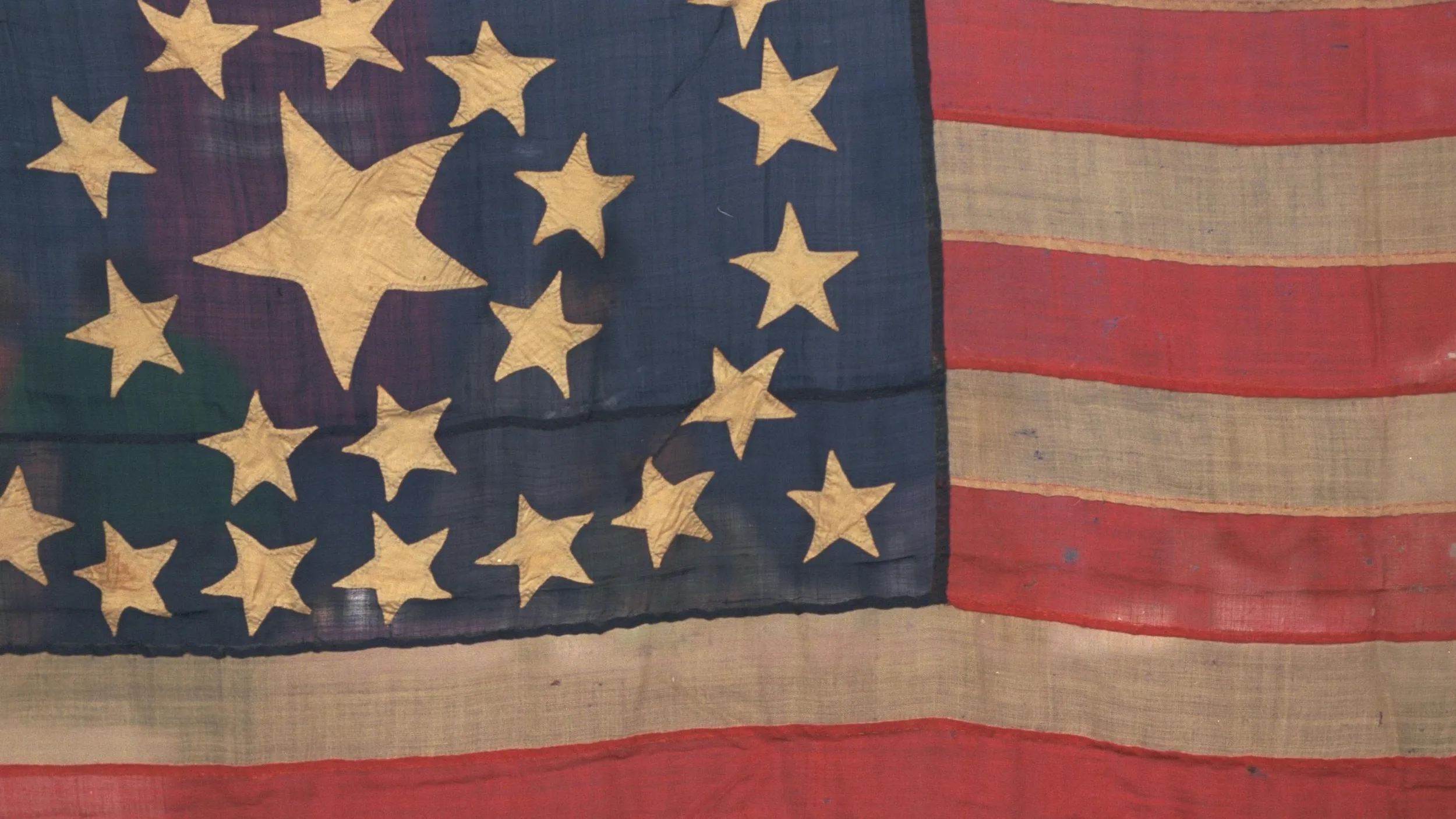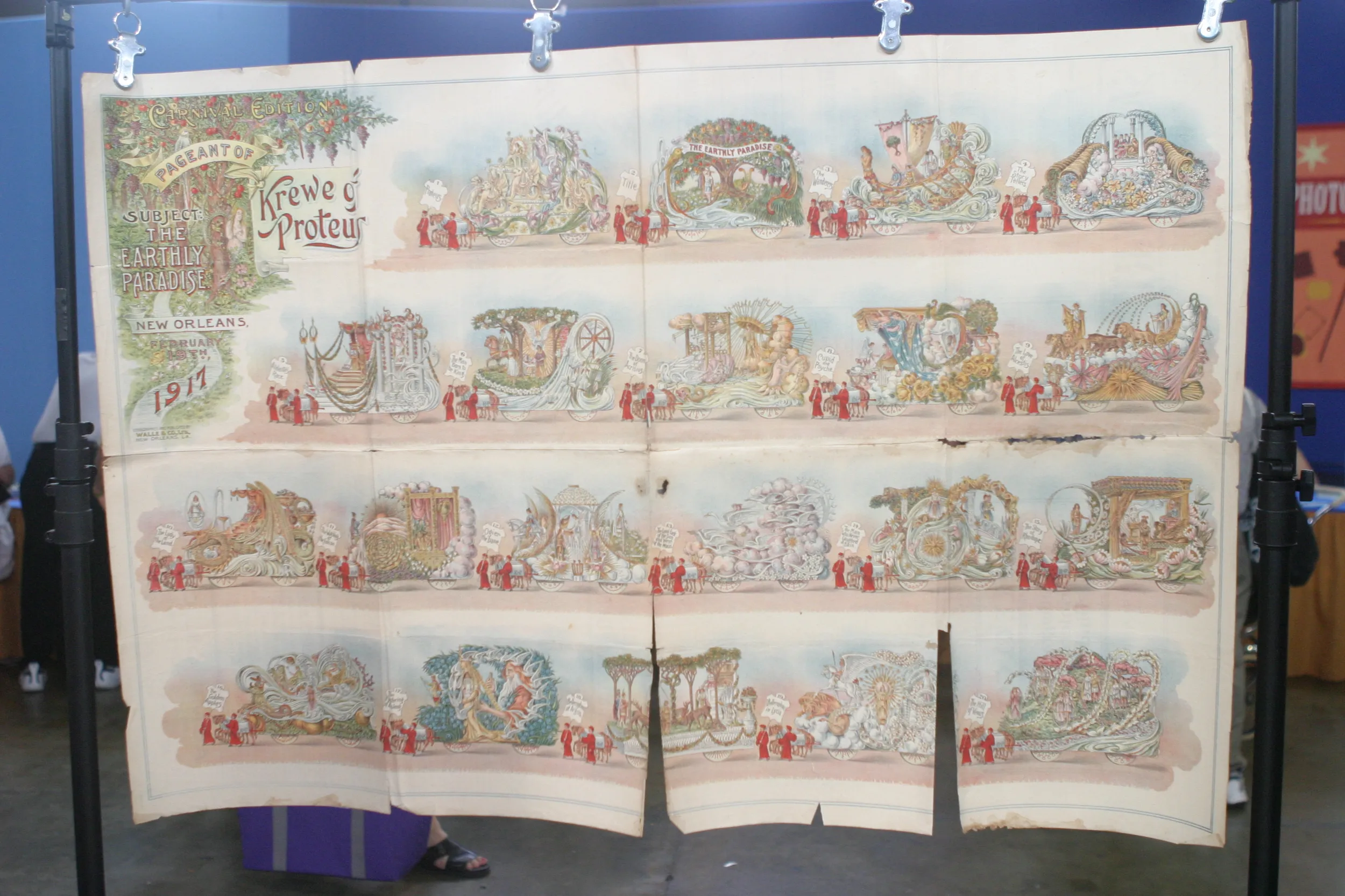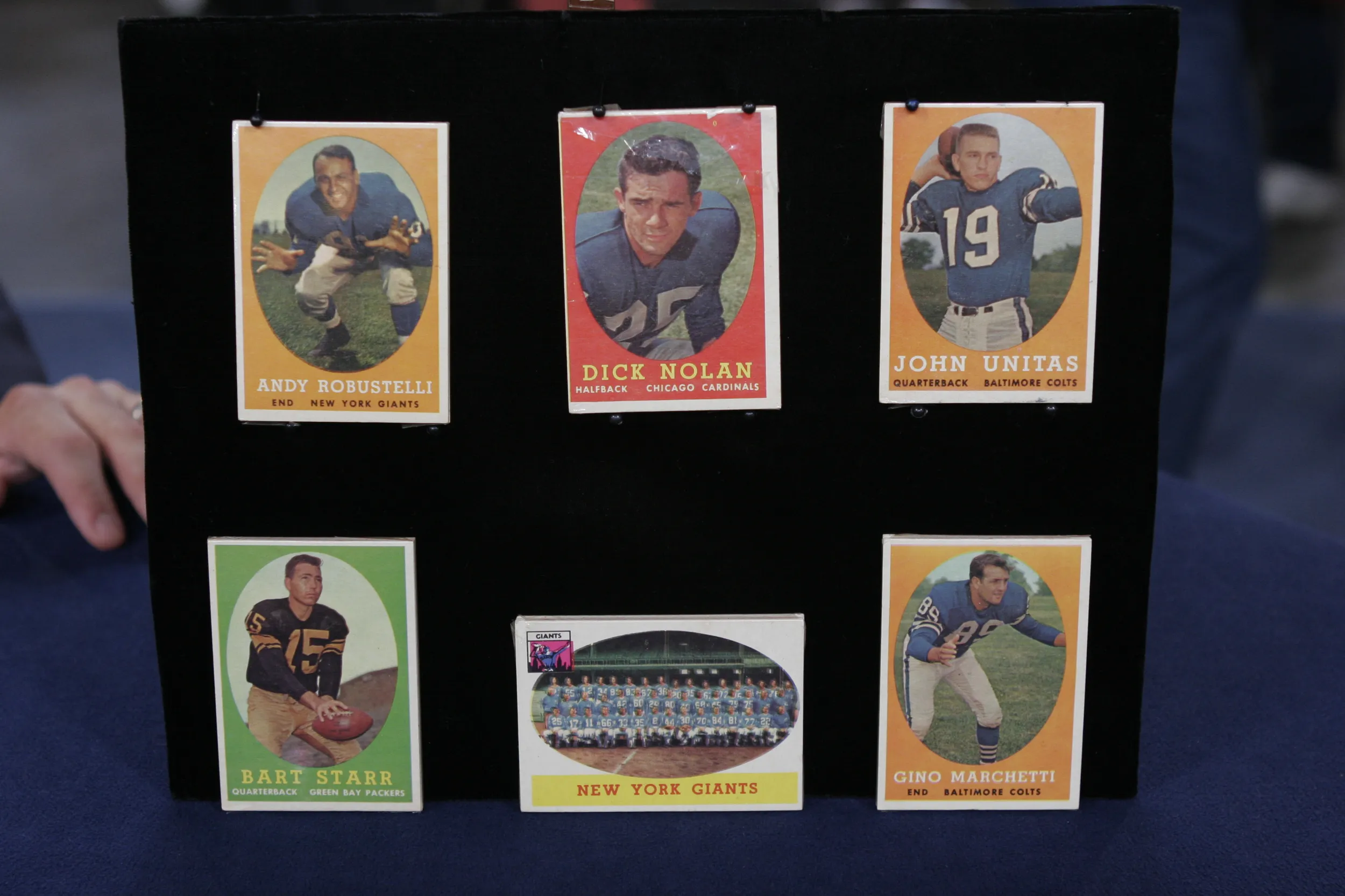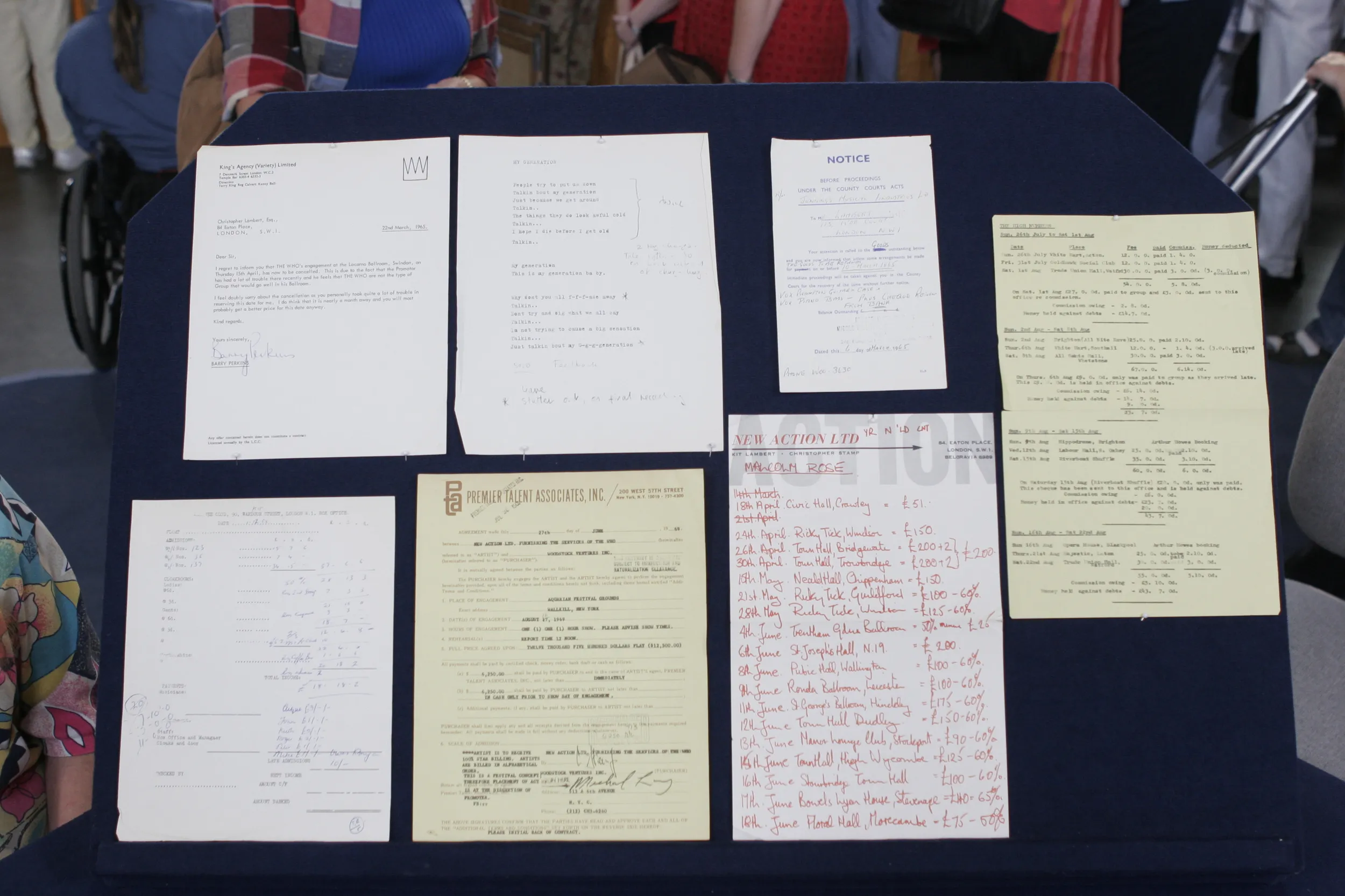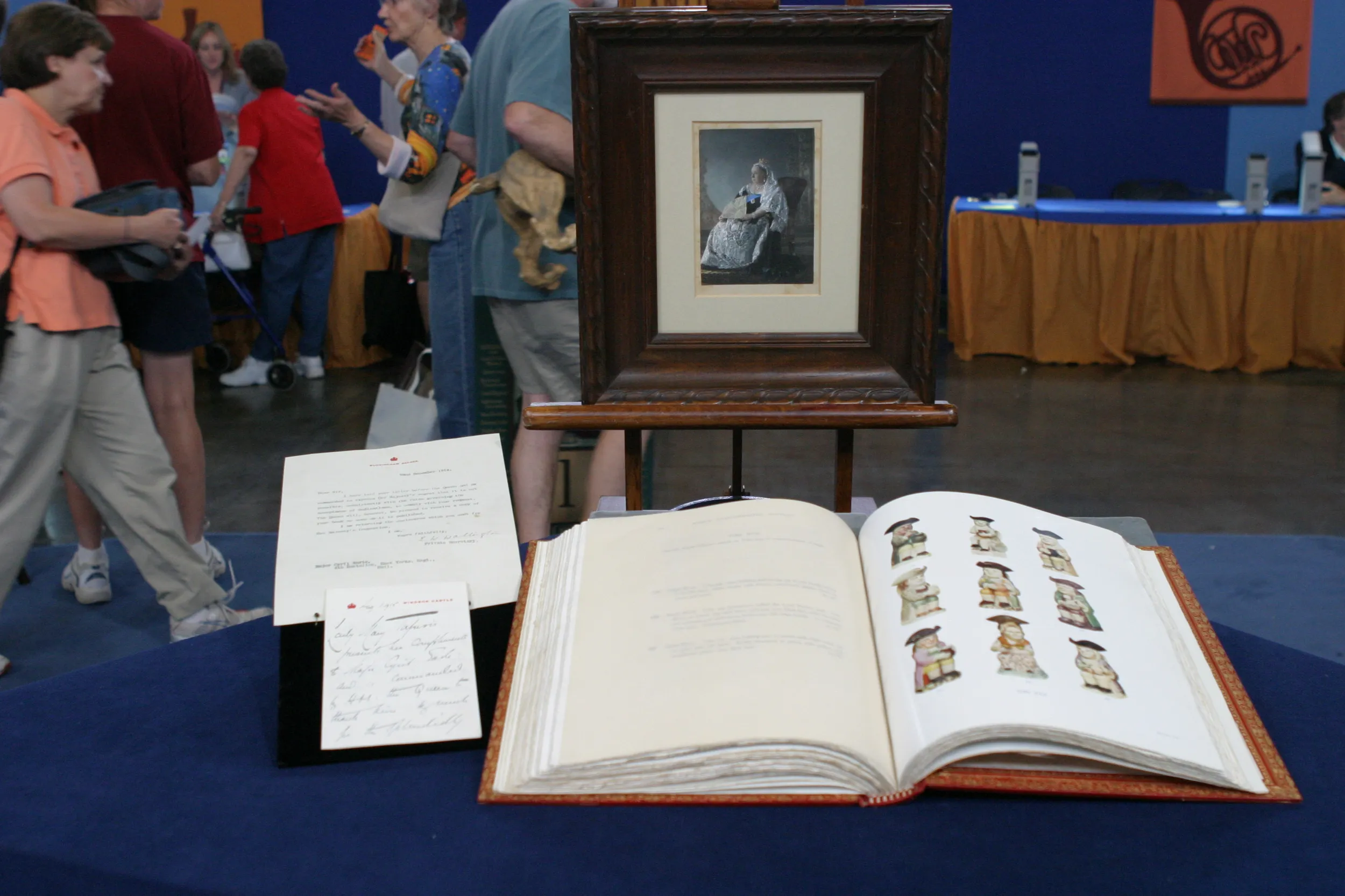GUEST: It was written by Walt Whitman to my mom's great-great-great-grandfather. Walt Whitman would go around, as I understand, and would be the scribe for injured soldiers in Washington, D.C., during the Civil War. And this young man was a foster child in that family. The letter has been in my family all along. It sat in a closet for years and years. And I'd like to know more about it. And I did see that the date on it is the 12th, and the young man who it was being written for died just about ten days later. So it's kind of sad, too.
APPRAISER: The letter is dated in 1863 in Washington. A lot of soldiers either got sick, wounded, hurt, and they had to come off the battlefield, and were in the hospital. Now, Walt Whitman, he had a brother in the Civil War.
GUEST: Oh.
APPRAISER: And the brother got wounded. Walt Whitman went down to find his brother to see how he was. Found him alive, fortunately. But in the trip, he saw the amputations, the wounding, he saw the destruction, and he immediately wanted to help. One of the things he did was, soldiers who were too sick to write home, he would sit there and write letters for them. They would transcribe it, give him his thoughts. Maybe he helped with the language. So when you brought me this letter, I saw that it was signed, "Albion Hubbard." But when we first looked at it, the handwriting... I know that handwriting. And then, of course, you drop down a little. "Written by Walt Whitman, a friend." And you see, this is all in Walt Whitman's handwriting. It's not just the front, but it's a longer letter. He's talking about, "Please... family, please write to me, I miss you, write me long letters." And then, what really adds to the tragedy is he says, "My diarrhea is still somewhat troublesome, yet I feel in pretty good spirits." It didn't get better, and he died within two weeks. Walt Whitman letters are great when he's talking about literature. But I did a lot of checking, and I didn't find hardly any letters that he wrote for the patients. And he obviously did a lot, but people weren't necessarily saving them, because they weren't Walt Whitman letters, per se, they were the family...
GUEST: Right.
APPRAISER: I would say that a collector would easily pay in the $8,000 to $12,000 retail range.
GUEST: Oh, my gosh. That's wild. I never would have thought that.


